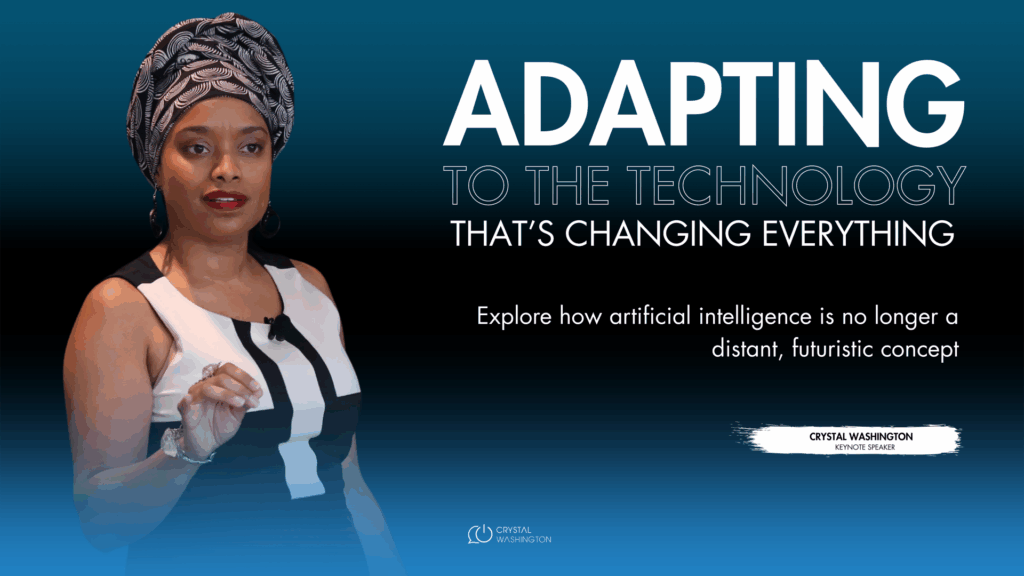Talk of artificial intelligence in business is pervasive. Everywhere we turn, we’re seeing stories featuring AI company CEOs projecting the loss of up to 20% of jobs to artificial intelligence. To
understand how AI is reshaping organizations, we first need to understand what AI is and why
it’s a hot topic right now.
The term “artificial intelligence” was coined by computer scientist and emeritus Stanford
Professor John McCarthy in 1955. He defined it as “the science and engineering of making intelligent machines.” Intelligence is associated with the ability to learn, understand, or reason. Until recent human history, intelligence was thought to be the realm of humans and some other
sentient beings. However, with the invention of computers, even small ones like calculators,
suddenly humanity had a new partner, some might say competitor, in the realm of reasoning. As an AI keynote speaker, I often remind audiences that most professionals creating future
business strategies have been interacting with AI for years long before tools like ChatGPT
made headlines.
While AI has made significant advances in areas like healthcare and engineering, it became a greater topic of conversation with the public rollout of generative artificial intelligence by OpenAI in November of 2022. Now, there are innumerable generative AI models in addition to other types of AI, including agentic AI, which is in its infancy. To be clear, while there are many types of AI, generative AI’s primary role is to create content, while agentic AI exists to complete structured tasks, sometimes using other forms of AI and technology.
According to Forbes, 56% of business leaders are using AI to improve operations. The ability to combine human intelligence with machine learning is shaping a new era of organizational success.
Examining how AI impacts future business strategies requires us to move past hype
and look at some data. A recent McKinsey Global Survey from March 2025 shared that 78% of
organizations reported using AI in at least one business function in 2024, up from 55% the
year prior. The primary areas where companies are leveraging AI are:
- Marketing and Sales
- Product and Service Development
- Service Operations (e.g., customer care)
- Software Engineering
- Information Technology
Organizations are using AI to inform innovation strategy, redesign workflows, reallocate time, and elevate governance. I’ve seen this with my own clients. CEO and COO audience members across industries often share how they leverage tools like ChatGPT and Google Gemini to create simple roadmaps (sans sensitive information) to identify inefficiencies. Industries with transportation routes, seasonal shifts, and warehouses often use artificial intelligence tools built into already-existing systems to optimize resources, routes, and staffing.
It always tickles me when human resources managers share how they leverage AI to assist them in creating their own AI guidelines—that’s pretty meta! Several technology companies serving the financial services and insurance industries have offered clients tools to quickly update their
organizational guidelines to align with new federal, state, and local laws and regulations. What used to take months now takes days!
As a futurist keynote speaker, I’ve seen firsthand how AI adoption, if done strategically and in a human-centric fashion, can accelerate not only efficiency but also creative problem-solving. The key for leaders is not just to implement technology, but to build AI-powered business strategies that honor company culture, values, and human insight.
AI is here to stay. However, savvy business professionals are seeking pragmatic, human-
centered innovation strategies that balance automation with empathy, empowering their teams to thrive in a future where technology and people move forward together.




